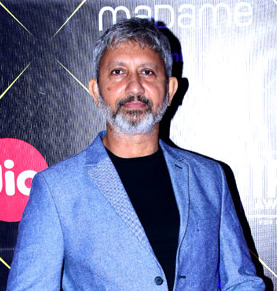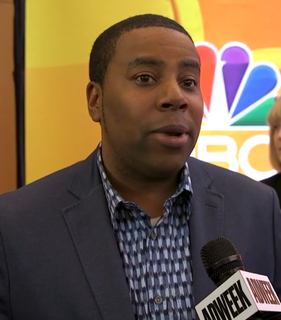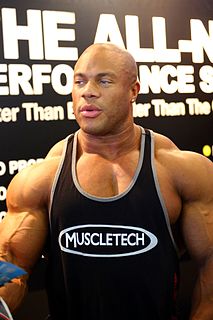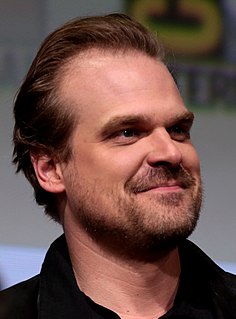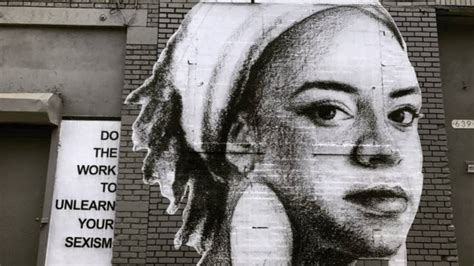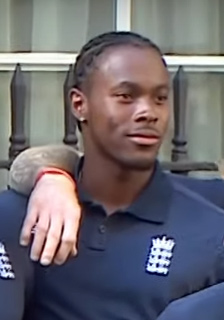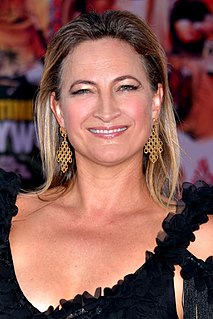A Quote by Ricky Gervais
I still see myself as a bit of a cottage industry. Being in a room creating stuff and seeing if anyone wants it, as opposed to going to work for someone.
Related Quotes
When I find myself having to share a meal with someone who simply wants to complain about the world, I almost feel myself wanting to crawl out of my skin and just sort of scurry away. But being able to pick up on that stuff and being able to easily identify the people walking towards the light instead of walking towards the darkness, that's a skill I'm very, very glad to see growing in myself.
The difference is in Hostel it's in the theatre - it's in public but it's in a private place. You have to actively make a choice to want to go see it. It's not being forced on anyone. Whereas 24 you can be flipping channels and it's right there in your living room. Anyone has access to that. But that just shows how mainstream it is and how people are seeing this stuff on YouTube. People are scared of it. This is a subject matter that everyone's talking about and everyone's thinking about, particularly in American culture.
That guy just cut right in front of me. But I'm not going to let it bother me. No. I'm on my way to work and I decided it doesn't matter who wants to cut in front of my lane today. I'm not going to let it bother me one bit. Once I get to work, find myself a parking space, if somebody wants to jump ahead of me and take it, I'm going to let them.
Sometimes I am still surprised that I'm a model and that people think I'm good-looking. I've gone through a lot of different phases on what I do and why I do it - morally and ethically. I've tortured myself about it, especially in dealing with success and money. I just had to learn to look at it as a job, as opposed to identifying myself as a model and thinking of myself as a part of this industry. I just thought, Okay, this is an opportunity to learn and see and meet people. Still, I am a Scorpio and I'm quite competitive.
What Paul is clearly saying is that if anyone is worthy of being saved, they will be saved. At that point many Christians get very anxious, saying that absolutely no one is worthy of being saved. The implication of that is that a person can be almost totally good, but miss the message about Jesus, and be sent to hell. What kind of a God would do that? I am not going to stand in the way of anyone whom God wants to save. I am not going to say 'he can't save them.' I am happy for God to save anyone he wants in any way he can. It is possible for someone who does not know Jesus to be saved.
Everybody that wants to work out wants to feel good and look better, but I think one of the biggest problems people have is they don't want to work out with a personal trainer, someone like myself, or even a couple of buddies, because they think, 'Gosh, if I work out too hard, I'm not going to be able to get up the next day!'
All the work I do is personal, so the good stuff and the bad stuff that you see in there is all good stuff and bad stuff that I have, and part of the journey, for me, has been to embrace these things that I find embarrassing about myself: my stubbornness, my ego, my maudlin-ness - these things that I see myself do, and I go, 'Oh, David, stop that!'
I think it's very important to get this stuff on film, not just the behind-the-scenes of the process, but also the interviews with the women. We're going to try to do some on-the-street filming, getting people's reactions to the work, and seeing if we can get some street harassment happening on film so people can see what we're talking about. It's important to have some type of documentation so people can see what happens when we create this artwork and why I'm creating it.
When I started to trust myself to be an actor, and to be considered that way and consider myself, that is when people started to see me in that way because that was the truth then, as opposed to me being a stunt girl going, 'Please see me as an actor, please see me as an actor!' when I didn't see myself that way.

